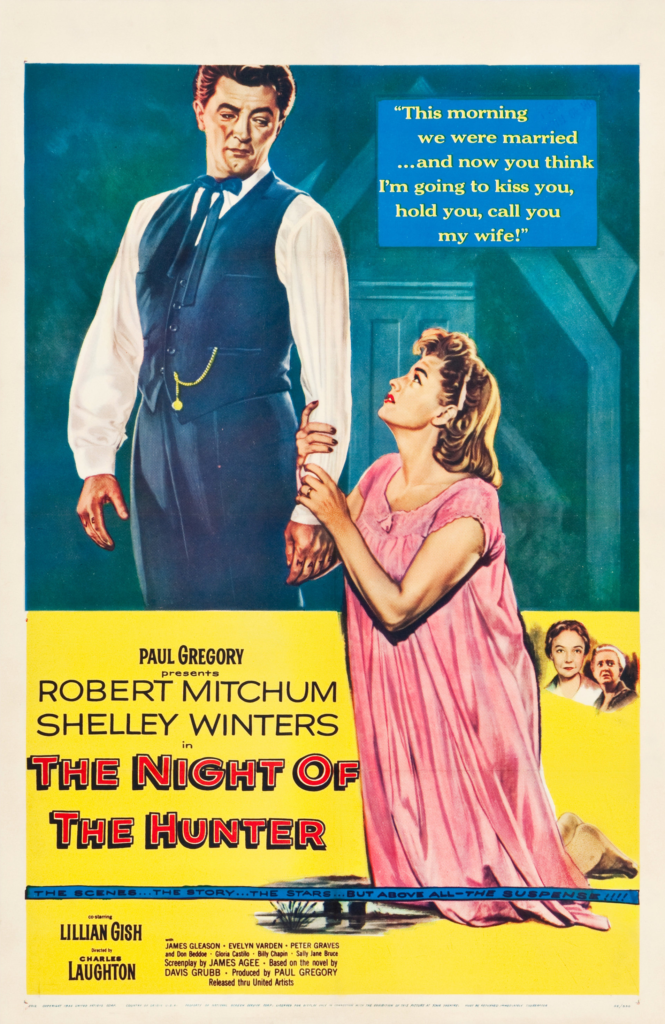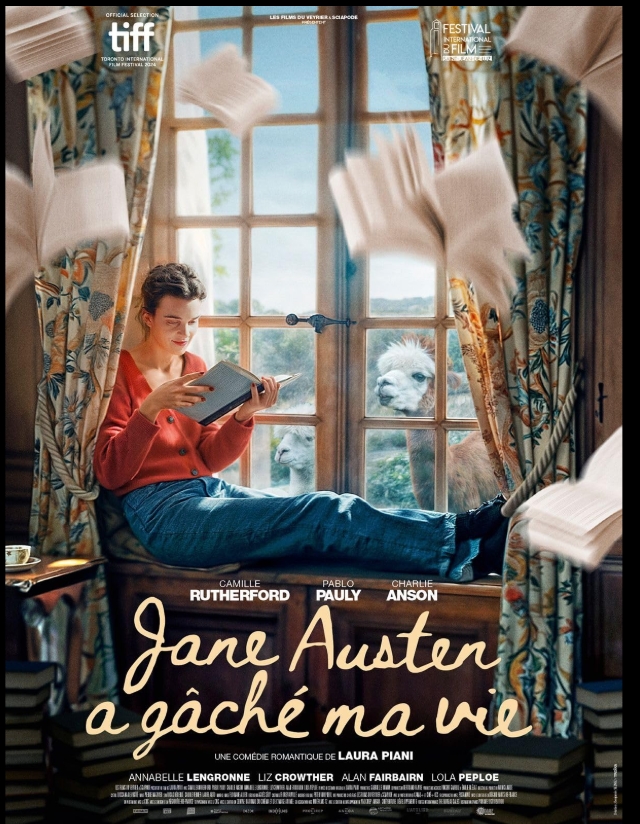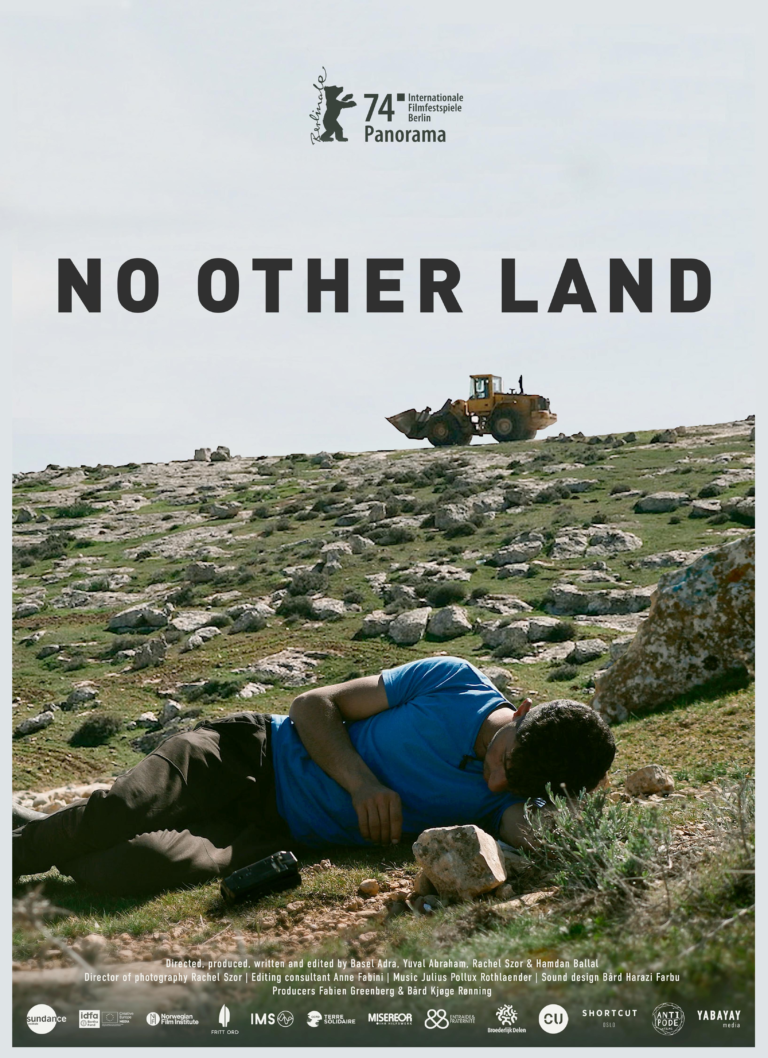The Night of the Hunter Christian Review

Some films just get under your skin, lingering long after the final frame. The Night of the Hunter is one of those rare cinematic experiences that does exactly that. It’s an eerie Southern Gothic tale, directed by Charles Laughton, blending a haunting sense of beauty with raw terror. But more than anything, it’s a deeply layered moral fable, pitting the forces of good and evil against each other in a way that feels timeless yet unnervingly relevant.
For a film so unsettling, it’s also oddly spiritual. As a Christian, watching The Night of the Hunter is like stepping into a surreal sermon. You’re confronted with false prophets, innocent children, and the kind of relentless evil that makes you rethink your perceptions of right and wrong. What makes this movie stand out isn’t just its chilling atmosphere or Robert Mitchum’s chilling performance as Reverend Harry Powell, but the way it delves into themes of faith, deception, and the power of love—true, sacrificial love—in the face of overwhelming darkness.
A False Prophet in Sheep’s Clothing
Let’s talk about Harry Powell. Robert Mitchum’s portrayal of this “preacher” is nothing short of terrifying. But what makes him truly frightening isn’t just his calm demeanor or his menacing sermons about love and hate. It’s that he’s so believable as a man of God—on the surface, at least. He knows the words of Scripture, he’s got that self-righteous tone down to a science, and he uses it all to deceive. If you’ve ever encountered a smooth-talking person who twists Scripture to justify their actions, you’ll find Powell disturbingly familiar.
And this is where the film hits hard for a Christian audience. The Bible warns us again and again about false prophets. Matthew 7:15 is a clear warning: “Beware of false prophets, who come to you in sheep’s clothing but inwardly are ravenous wolves.” Powell embodies this warning in the flesh, using religion as a tool for manipulation. His evil isn’t just about greed or murder—it’s about exploiting faith, turning something sacred into a weapon for his own gain. Watching him worm his way into the lives of vulnerable people is gut-wrenching, a dark reminder of the power of deception cloaked in religiosity.
The Battle Between Love and Hate
One of the most iconic images from the film is Powell’s tattooed hands: “LOVE” on one and “HATE” on the other. This isn’t just a gimmick; it’s a visual representation of the battle at the core of the movie. Throughout the film, Powell uses his hands to give a distorted sermon, telling the story of how these two forces are constantly at war, battling for control. He might not realize it, but he’s laying out the spiritual struggle that defines the entire film.
For a Christian viewer, this imagery resonates deeply. The tension between love and hate is as old as humanity itself, and Powell’s twisted sermon is a perversion of a much larger truth. In 1 Corinthians 13:13, we’re reminded that “the greatest of these is love.” But in Powell’s world, hate is just as powerful—if not more so. It’s only when genuine, sacrificial love enters the picture, through the character of Rachel Cooper, that we see hate begin to lose its grip.
Rachel Cooper: The Good Shepherd
And then there’s Rachel Cooper. If Powell represents everything that’s wrong with false religiosity, Rachel is the counterbalance—a shining example of what true, Christlike love looks like. Played by Lillian Gish, she’s an elderly woman who takes in orphans, caring for them without any ulterior motive. Her home is a sanctuary, and it’s here that the two children Powell is hunting find refuge.
Rachel isn’t flashy, nor does she deliver grand speeches about faith. She simply lives it. Her strength isn’t in her physical power or even her words, but in her unwavering commitment to protect the innocent. She’s the good shepherd, standing between the wolves and her flock. In John 10:11, Jesus says, “I am the good shepherd. The good shepherd lays down his life for the sheep.” Rachel embodies this spirit, putting herself in harm’s way to guard the children from Powell’s predatory schemes. It’s a quiet, powerful portrayal of what true faith looks like in action.
Visual Poetry: A Spiritual Battle in Shadows and Light
What makes The Night of the Hunter so mesmerizing isn’t just the story—it’s how the story is told. Every frame is meticulously crafted, with shadows and light playing a key role in setting the mood. Stanley Cortez’s cinematography brings a dreamlike, almost nightmarish quality to the film, and this visual language feels biblical in its scope. Light and darkness are constantly at war, echoing the spiritual battle playing out on screen.
One of the most striking scenes is when Powell’s latest victim floats underwater, her hair drifting like seaweed, her body eerily serene. It’s a moment that feels almost sacramental, like a baptism gone wrong. Instead of rising into new life, this woman has been pulled into the depths of death. It’s a chilling image that stays with you, a stark reminder of what happens when evil prevails.
But then there are moments of hope, too. The children, adrift on the river, are bathed in moonlight, as if protected by a divine hand. It’s here that we see a glimmer of God’s providence, even in the midst of such overwhelming darkness. These visual contrasts—light and dark, life and death—are as much a part of the film’s storytelling as the dialogue or plot.
The Music of Good and Evil
Music in The Night of the Hunter feels almost like another character. Walter Schumann’s score moves between haunting and hymnal, adding depth to the film’s spiritual themes. At times, the music is foreboding, amplifying the sense of dread that Powell brings with him. At other moments, it’s peaceful, almost lullaby-like, reflecting the innocence of the children and the sanctuary they find with Rachel.
Schumann’s score doesn’t just accompany the film; it underscores the emotional and spiritual beats, drawing viewers deeper into the moral landscape the film presents. It’s a soundtrack that lingers in your mind long after the movie ends, much like the images themselves.
A Moral Fable for the Ages
The Night of the Hunter is often described as a morality tale, and that’s exactly what it is. But it’s not simplistic, nor does it offer easy answers. Instead, it challenges viewers to confront the very real presence of evil in the world—sometimes lurking in the most unexpected places. And it offers hope, too, in the form of Rachel Cooper and her quiet, unshakable faith. She’s a reminder that love—true love, the kind that protects and sacrifices—is stronger than hate.
For Christian viewers, this film offers much more than just a thrilling story. It’s a meditation on the nature of good and evil, on the dangers of false prophets, and on the power of genuine faith to overcome even the darkest of forces. In a world where the line between love and hate can often feel blurred, The Night of the Hunter offers a stark reminder of which side ultimately prevails.
For all these reasons, I give The Night of the Hunter a 9/10. It’s a film that speaks to the soul, a parable as relevant today as it was when it was first released.




